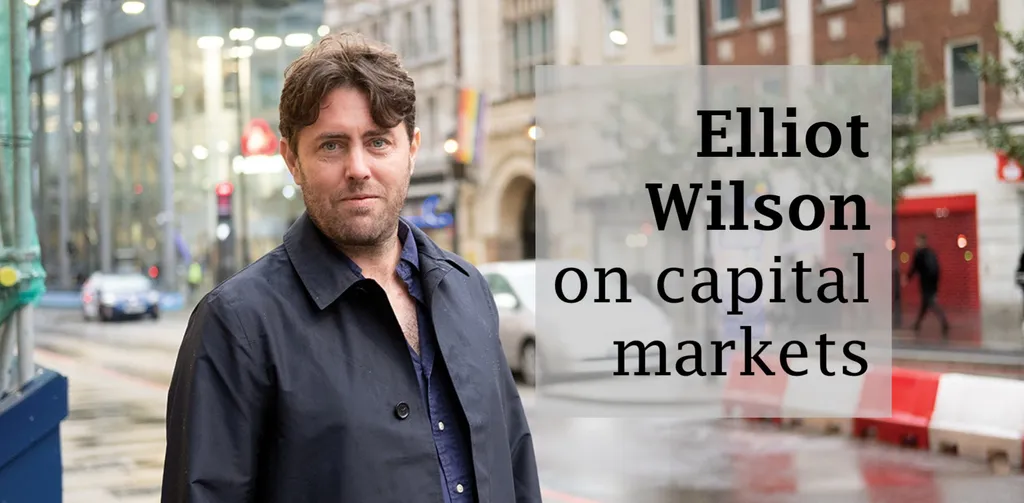Many years ago, over a beer at the Kerry Centre hotel in Beijing, a senior US diplomat described diplomatic talks with North Korea as an “endless dizzy dance”. One step forward, he said, led to another sideways, two more back, then a fifth into “somewhere you’d never been before”.
Thomas Gottstein must know the feeling well. Within days of being announced as Credit Suisse’s chief executive in February 2020, a pandemic made landfall in Europe.
The crisis left the 57-year-old unable to travel and meet staff.
Thanks for your interest in Euromoney!
To unlock this article:




